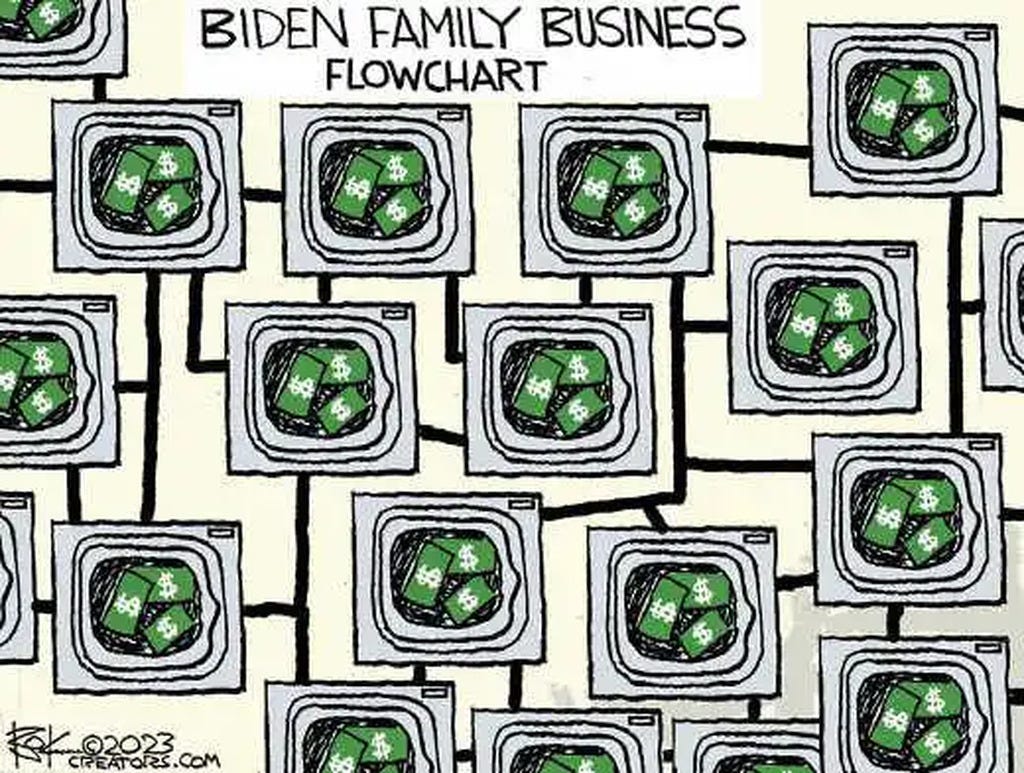The World Is Paying For Obama's Weakness Or Was It Corruption?
Weak men make everybody vulnerable to danger. - John MacArthur
Minsk II, a weak flawed deal was created in Sept 2014 by the Minsk Group headed by a co-chairmanship consisting of France, Russia and the United States.
Given the many shady deals Obama’s VP and Ukraine front-man, Joe Biden, was involved in in Ukraine one must wonder if this really crappy deal was due to weakness or corruption - House Committee on Oversight. Questions also pop-up about how much of the laundered money flowed to Obama?
“Some peace deals lead to peace, others to more war. The Minsk II deal aimed to end Russia’s limited invasion of Ukraine in 2015 but instead laid the groundwork for the full-scale Russian invasion in 2022. The United States must learn from the Minsk deal or risk a direct Russia-NATO conflict that puts American lives at risk.
Minsk II was a weak deal. It demanded nothing of the invader— Russia. It strengthened the Kremlin’s aggressive worldview that had driven the conflict to begin with. It masked Russian military weakness. It gave the Kremlin time and space to prepare for a larger invasion. The West could have helped Ukraine reach a stronger deal in 2015.” - ISW
“Fruits of Russia’s Coercive Diplomacy
After Russia unlawfully occupied Crimea in February and March 2014, Russia-backed armed groups took control of parts of the Donetsk and Luhansk regions of Ukraine. Despite Ukraine’s initial successes in liberating some territory in the summer of 2014, the Russian army’s intervention and significant Russian support to the armed groups tipped the scale against Ukraine.
A series of Ukrainian military defeats, the poor state of the Ukrainian army, and the West’s unwillingness to provide lethal weapons to Ukraine and urgent desire to stop the fighting resulted in a decision by the Ukrainian leadership to make painful concessions in ceasefire talks brokered by France and Germany. Kyiv’s goal was to avoid the collapse of its defenses and further losses of territory and people. At the same time, Russia saw utility in a ceasefire at that moment: it wanted to capitalize on its coercive diplomacy while avoiding further sanctions from the West and dissuading the United States from providing lethal support to Ukraine, which was appearing ever more likely as Russia continued on the offensive.4” - Carnegie


